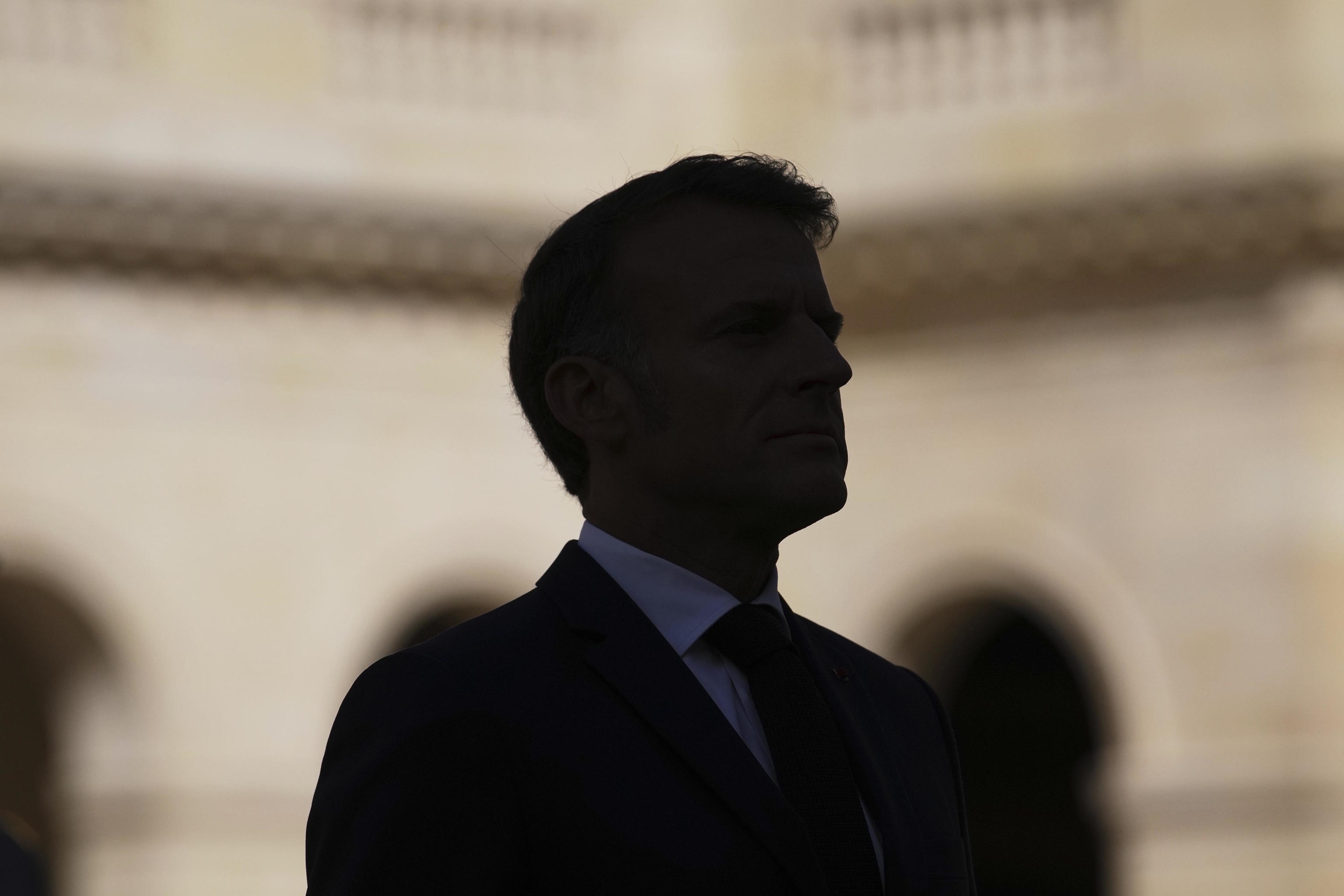The political situation in France has sparked concern in Europe. In fact, "there is a lot of concern," detail various diplomatic sources consulted by this newspaper. The fall of the French Prime Minister, François Bayrou, highlights Emmanuel Macron's political weakness. And it happens at a "bad time," with Europe immersed in a particularly complex moment and when the President of France is exercising significant leadership alongside German Chancellor Friedrich Merz.
"Germany cannot lead alone," insist the same sources, while another country adds that this situation "will not make things easier in the EU" although they maintain their "confidence in the stability of the French political system." This is what Europe holds on to as problems multiply.
The war in Ukraine, the confrontation with U.S. President Donald Trump, the increasingly evident and strong alliance between Russia and China, economic stagnation, the division on what position to take in the Gaza conflict... The list of fronts continues to grow, and Europe always seems to be late or, at least, behind. That's why the return of the Franco-German axis after Merz's arrival is a lifeline. But if Macron has to focus on his own survival and decide whether to appoint a continuity government, shift to the left, or even call for elections, that reference and leadership are at risk of greatly diminishing.
"Instability in France is not good for anyone. It is an important country, a founding member of the European Union, one of the largest European economies. Stability benefits everyone: just as Italy represents a guarantee in Europe thanks to political stability, an equally important country that is unstable risks causing problems," Antonio Tajani, Vice President of the Italian Government and Minister of Foreign Affairs, summarized yesterday, as reported by the AdnKronos agency.
And there is another aspect that northern countries do not forget: the punishment that France is already receiving from financial markets, which will only intensify in the coming days. "Regardless of the political implications, the markets will have the final say. Undoubtedly, they will punish France for further chaos and paralysis in solving public debt," point out nations more committed to fiscal control. This is because one of Bayrou's objectives was to undertake a tough adjustment of 44,000 million to try to control a public debt that already reaches 114% of France's Gross Domestic Product (GDP). It is the third highest figure in the European Union behind Greece and Italy, and ahead of Spain's figure.
The consequence that can already be seen is that the French risk premium is close to 80 basis points, also surpassing Spain's reference, and there is some fear that in the coming days it will reach 100 points. This will undoubtedly be reflected in the performance of the debt of other European countries. It is not that there will be a contagion effect putting other nations in difficulty, but it is still negative news that the second economic power is facing these problems.
All this is happening just before the President of the European Commission, Ursula von der Leyen, delivers her State of the Union address in the European Parliament on Wednesday. Subsequently, there will be a debate with the Members of the European Parliament, where the situation in France will also be highlighted, but above all, a tough exchange is expected regarding the situation in Gaza.
Von der Leyen has avoided referring to this situation on numerous occasions, many criticize her closeness to Israel, and the measures taken within the EU have been limited given the very disparate and distant sensitivities on this issue. Here, Spain is trying to regain the leadership it lost with the political shift that Europe underwent after the European elections, but it seems unlikely that there will be decisive measures.
The discussions in Strasbourg will also address what to do about Russia and the 19th package of sanctions that the EU is already working on. On this issue, and returning to the beginning of the text and the Franco-German leadership, both countries proposed yesterday to target Lukoil, Russia's largest oil company. In addition, Paris and Berlin want to increase sanctions on third countries and on the 250 banks that, according to both capitals, are involved in transactions aimed at providing military support to Vladimir Putin.
